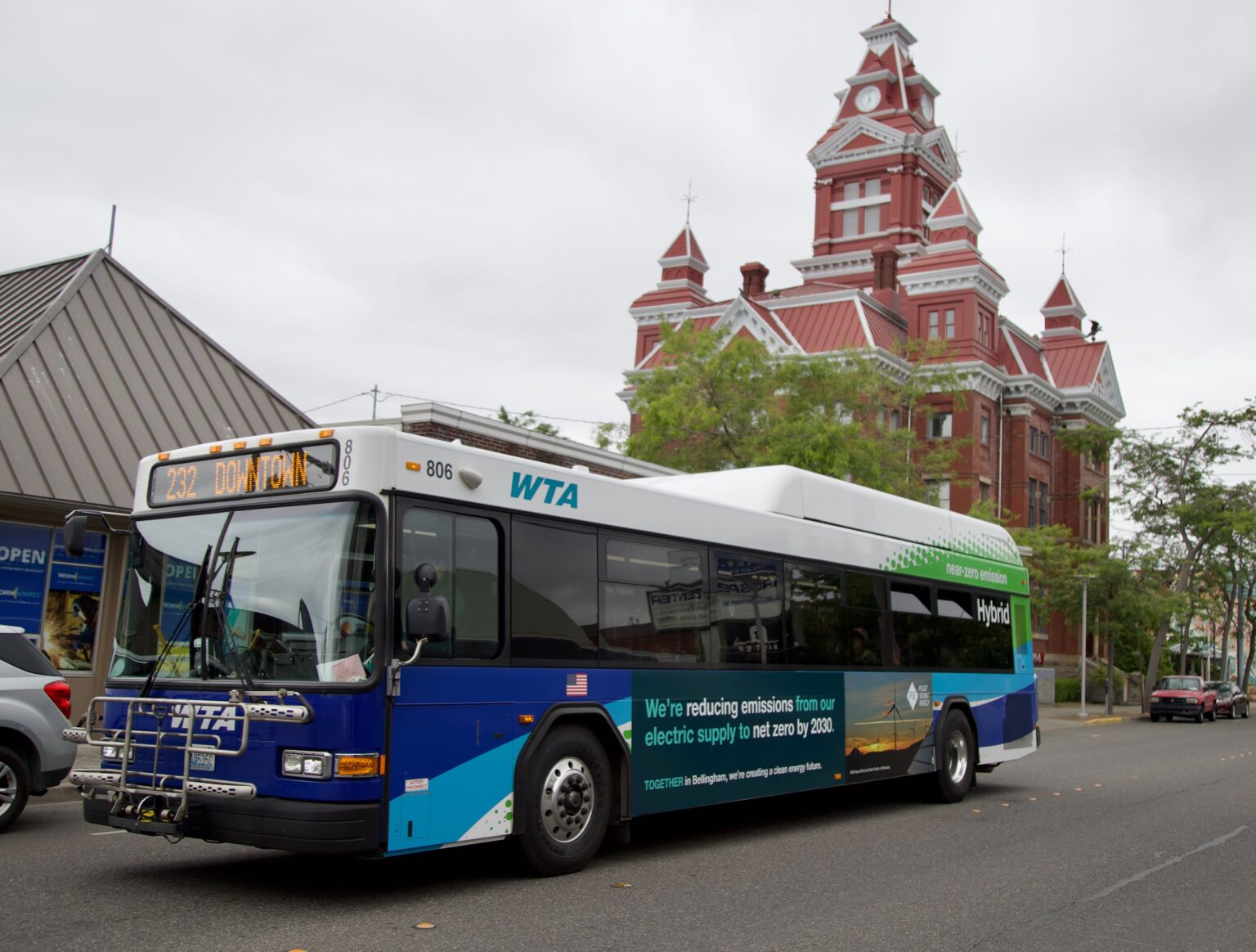Whatcom Transportation Authority will steer clear of more new electric buses for now, aiming instead

Already a subscriber?
Unlock the paywall!
Get 24 hours of unlimited digital access to CascadiaDaily.com for just $1 with our new Digital Day Pass



